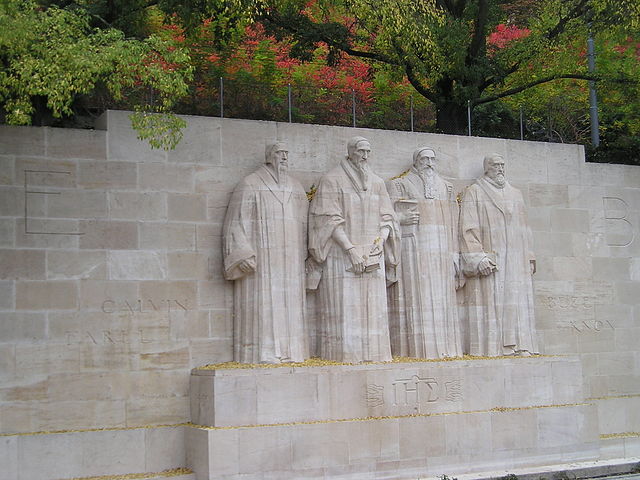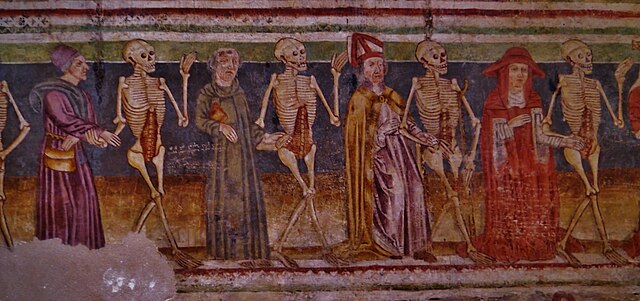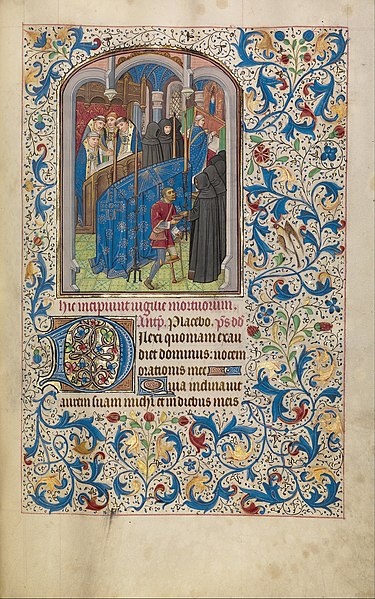Proto-Protestantism, also called pre-Protestantism, refers to individuals and movements that propagated various ideas later associated with Protestantism before 1517, which historians usually regard as the starting year for the Reformation era. The relationship between medieval sects and Protestantism is an issue that has been debated by historians.
John Wycliffe is called the "Morning Star of the Reformation" by Andy Thomson.
Luther Monument in Worms, including Protestant forerunners such as Girolamo Savonarola, Jan Hus and Peter Waldo
Timeline from 'The Trail of Blood'
The Reformation, also known as the Protestant Reformation and the European Reformation, was a major theological movement in Western Christianity in 16th-century Europe that posed a religious and political challenge to the papacy and the authority of the Catholic Church. Following the start of the Renaissance, the Reformation marked the beginning of Protestantism.
The International Monument to the Reformation, a statue erected in Geneva in 1909 depicting William Farel, John Calvin, Theodore Beza, and John Knox, four leaders of the Reformed tradition of Protestantism
Detail of the danse macabre (1490) by John of Kastav in the Holy Trinity Church, Hrastovlje, Slovenia
Funeral Mass with priest, choristers, bearers or mourners, and begger receiving alms (c. 1460–80)
Meeting of cardinals, bishops and theologians with Antipope John XXIII (r. 1410–1415) at the Council of Constance (from the Chronicle of the Council of Constance by Ulrich of Richenthal)







